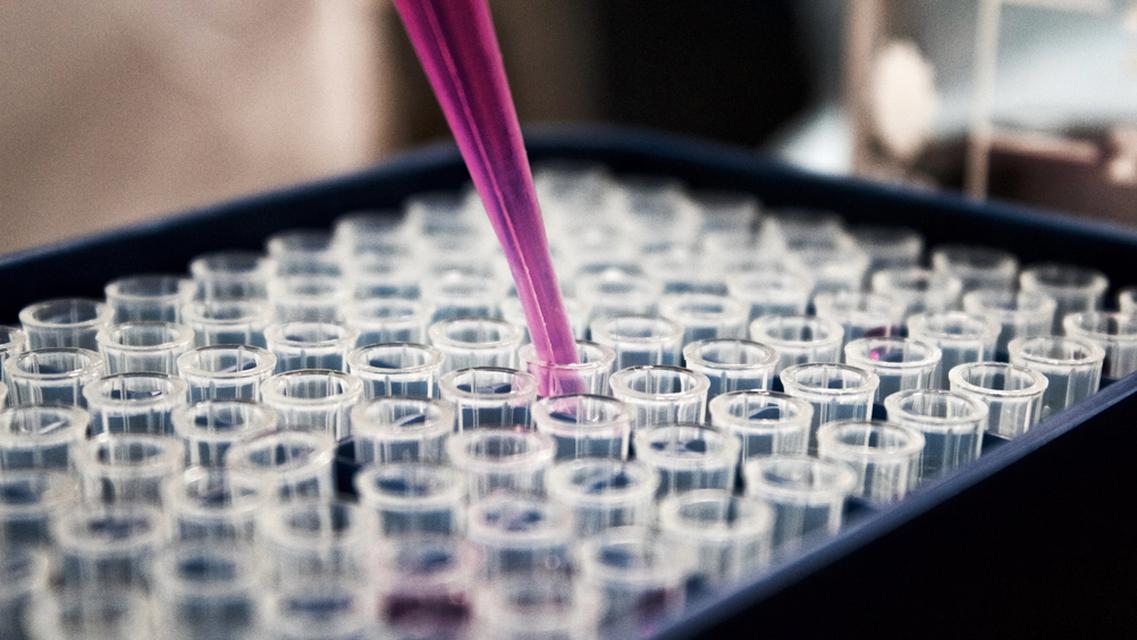Analyses of Complement and Other Candidate Fluid Biomarkers in Schizophrenia Spectrum Disorders

Brief description of study
The purpose of this research study is to identify biological markers for schizophrenia and related mental illnesses. We are gathering medical information, behavioral assessments, cells and genetic material (DNA), as well as blood and cerebrospinal fluid (CSF), and brain images from persons who appear to have a psychiatric disorder and those who do not in order to make this research possible.
Detailed description of study
Study participants will complete questionnaires and cognitive screenings, physical examinations, and neuroimaging as well as giving biological samples including blood and cerebrospinal fluid. Participants will be engaged with the study for a minimum of 6 months and a maximum of three years. Participants will receive compensation for completing study procedures and reimbursement for travel costs.
Part of this study will involve obtaining a sample of cerebrospinal fluid (CSF). CSF is a clear fluid that bathes the brain and spinal cord. A small amount of CSF can be withdrawn by a thin needle from the lower or lumbar part of the back, which is called a lumbar puncture or spinal tap. The blood and CSF collected for this study will be tested to try to identify biomarkers, and stored for potential future tests. If you are female, urine will be collected to confirm you are not pregnant so that brain imaging can be done safely.
Researchers will also study the CSF, blood, and DNA measure levels of a variety of different biological markers and genes that are known to be associated with mental health problems like psychosis, in order to better understand what is different in people who respond to treatment compared to those who do not respond. By understanding what are the differences in the samples in people who respond to treatment compared to those who don’t improve, this information can be used to better understand and predict which treatment is the best way to treat patients in the future. Researchers can also use the outcome of these studies to help shape and design better treatment and therapies for young people who develop mental health problems in the future.
Eligibility of study
You may be eligible for this study if you meet the following criteria:
-
Conditions:
Schizophrenia,Clinical-High Risk for Psychosis,Healthy Control
-
Age: Between 18 Years - 50 Years
-
Gender: All
Male or Female Age 18 - 50 Diagnosis of Schizophrenia, at risk for developing psychosis, or a healthy control subject.
Updated on
12 Mar 2024.
Study ID: 844685

